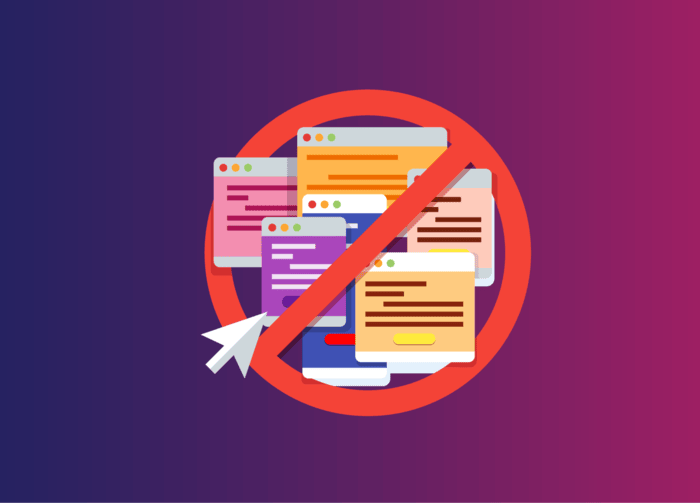When it comes to data scraping, most developers hit a wall not because of poor code, but because of geographic restrictions. European websites, particularly in industries like e-commerce, travel, and local classifieds, often serve content based on the visitor’s IP location. This creates an obstacle for scrapers operating from non-European locations or using generic datacenter proxies.
In this article, we explore practical, data-backed strategies for accessing and scraping these geo-restricted platforms—legally and efficiently.

Why Geo-Restrictions Exist (And Why They Matter for Scrapers)
Geo-restrictions are more than just a technical barrier—they’re often the result of licensing agreements, tax regulations, or privacy laws. For example, the GDPR has pushed many companies to alter content delivery based on visitor location to avoid legal headaches.
This means:
- Product availability might vary by country
- Prices can be localized (especially in retail and travel sectors)
- Access can be outright blocked if traffic comes from outside the EU
If your scraper sees “This content is not available in your region,” you’re not alone. It’s a common occurrence—and solving it requires more than just retry logic.
Real Data: How Widespread Is Geo-Blocking?
A study by the European Commission revealed that 63% of websites in the EU block access or restrict functionality for users outside their target country. In e-commerce alone, over 50% of online retailers limit international visibility or purchasing options.
Scraping without adapting to this reality means you’re likely:
- Missing out on key datasets
- Collecting incomplete or misleading information
- Triggering anti-bot systems faster than usual
Tactic #1. Use Location-Locked Residential Proxies
Not all proxies are created equal. If you’re scraping a German news outlet, German marketplace, or a country-specific search engine version, a german proxy will help you blend in as a legitimate user. This isn’t just about access—it’s about maintaining session persistence and reducing 403 errors.
???? Tip: Use residential proxies with sticky sessions for login-gated content or paginated data loads.
You can get reliable German IPs from Ping Proxies, which offer consistent uptime and support rotation when needed.
Tactic #2. Rotate Smart, Not Blindly
Most scrapers think that rotating IPs every request keeps them safe. But in reality, smart rotation based on session behavior is far more effective. For geo-restricted sites, use the same IP for:
- One product page load + details
- One session of browsing (3–5 clicks max)
- One checkout simulation flow
Use tools like Puppeteer or Playwright with proxy pools to implement this kind of logic at scale.

Tactic #3. Mimic the Local User Environment
Proxies alone aren’t enough. Websites often check for:
- Browser language
- Time zone settings
- Accept-Language HTTP headers
If you’re using a german proxy, make sure to:
- Set your scraper to Accept-Language: de-DE
- Emulate a German time zone (Europe/Berlin)
- Use localized browser fingerprints when necessary
This drastically lowers your detection rate and increases content parity.
Tactic #4. Use Interstitial Solvers Sparingly
Some sites use CAPTCHA or cookie walls after detecting non-native behavior. While tools like 2Captcha or CapMonster work, over-relying on them adds cost and complexity. Instead:
- Use pre-warmed sessions (via mobile proxy or residential IP)
- Store and reuse valid cookies from manual or headless sessions
- Monitor for rate-limiting headers (like Retry-After)
The more human your scraper appears, the less friction you face.
Don’t Just Access—Adapt
Geo-restricted websites aren’t “unscrapable”—they’re just designed to serve real users in a specific region. The good news? If you understand what that means technically, you can reverse-engineer the experience and collect the data you need without triggering alarms.
That’s why tools like a reliable german proxy are not just helpful—they’re essential. Combine that with intelligent rotation, session persistence, and localized behavior, and you’ll unlock datasets your competitors can’t even see.
